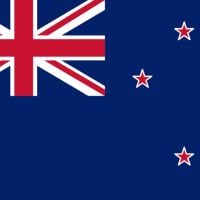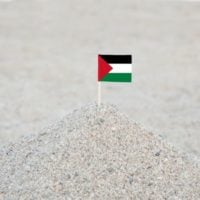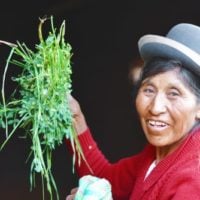Deadline: 27-Apr-22
Applications are now open for the ODI fellowship scheme 2022 to provide host institutions in the countries with high-calibre professionals to fill pressing skills gaps, while offering fellows the experience of working inside bureaucracies in a different country context to their own.
The first three ODI fellows began their work in 1963. Since then, over 1,000 fellows have worked with over 50 governments and international organisations. The ODI fellowship scheme gives early-career economists and statisticians the chance to work as public sector civil servants on two-year contracts in low- and middleincome countries in Africa, Asia, the Caribbean, the Pacific and the Western Balkans.
Fellowships are determined primarily by the needs of the scheme’s partner governments. The continued demand from governments for ODI fellows, as well as the level of responsibility entrusted to them, is testament to the respect the scheme has earned over the 59 years since it was established.
How ODI Fellows Benefit from the Scheme
- Personal development: Fellows gain valuable experience as civil servants. They learn about their host country, its policy landscape, and public service delivery in low- and middle-income countries, as well as the challenges of receiving aid from bi- and multilateral donors. They gain new technical skills as they work with colleagues to fill skills gaps. This experience is a unique opportunity for economists and statisticians and highly valued by fellows and their future employers.
- International exchange: ODI fellowships are also an opportunity for international exchange and lesson sharing between civil servants: some ODI fellows bring experience of another civil service and many more go on to work in large bureaucracies, either at home or in third countries.
- Future career opportunities: The scheme enjoys an excellent reputation and fellows benefit from the prestige associated with the scheme. ODI fellows have gone on to build successful careers in the World Bank, the International Monetary Fund, the United Nations, academia, the private business sector, and non-governmental organisations as well as their own country governments. Many choose to stay on in the country of their fellowship.
Eligibility Criteria
The ODI fellowship scheme is open to candidates of all nationalities and they support and encourage applications from LGBTQ+ and disabled candidates. Postgraduate economists and statisticians with an interest in development are encouraged to apply. Successful candidates are expected to serve for the full two-year contract and be ready to work in any of the scheme’s partner countries.
Qualifications
- The ODI fellowship scheme is open to candidates of all nationalities who have a master’s degree or PhD in economics, statistics or a related field.
- Suitable specialised qualifications at postgraduate level include but aren’t limited to agricultural economics, environmental economics, international economics, health economics, development economics, and econometrics and statistics.
- For those studying for a postgraduate degree at the time of application, the award of a fellowship is conditional upon the successful completion of the postgraduate degree.
For more information, visit https://odi.org/en/fellowship-scheme/







































